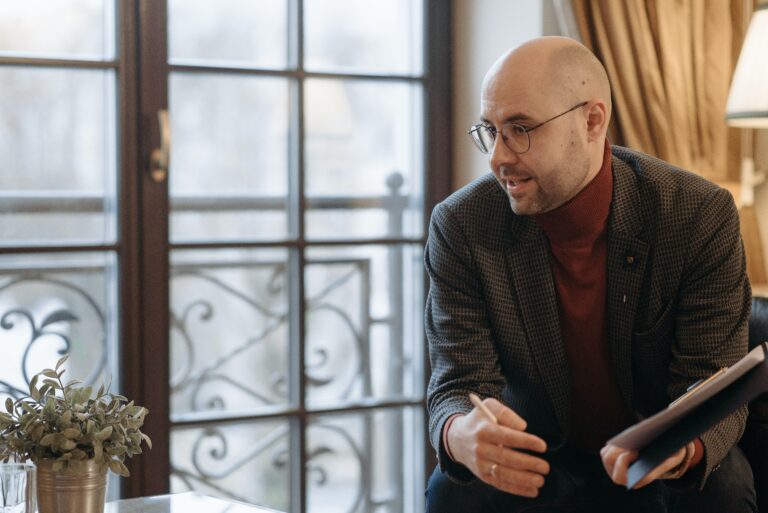Meetual’s team asked Danielle Perrier, English and French speaking specialist in early childhood, childhood and adolescence (0-17 years old) about those frequent questions. Here is what she had to say.
How to discipline a 2 years old child?
Parent: « Is it a good punishment to send my toddler to his room until she calms down enough? That could take quite some time… Is it a good thing to do?»
Danielle Perrier :
- It is important to understand that a child of this age does not yet have the ability to self-regulate. it is very likely that he needs your help to do so, even if he refuses this help at first.
- We can guide the child and support him when he is in a state of crisis : « I am here; calm down; would you like a hug? It’s gonna be ok; you are able to calm yourself down; do you want some water? » The thing here is not to offer him privileges, but to reassure the toddler, to show him that we are still there for him and that the bond is not broken. Forcing the child to stay in a closed room can be very insecure and will only increase distress.
- Help your child to calm down, and when it’s done, briefly review the situation. «I get it, you wanted to play outside. But look, it’s raining! You see? That’s why we have to play inside today. Do you want me to set up your indoor trampoline?»
A child of this age does not yet have the ability to self-regulate.
Forcing the child to stay in a closed room can be very insecure and will only increase distress.
Help your child to calm down, and when it’s done, briefly review the situation.
How to get kids to listen?
Parent: «I have to tell my child 15 times to turn off the TV and go brush his teeth… every night! I really feel like he’s ignoring me! He ends up listening when I get angry and raise my voice, but then, the rest of the routine is really unpleasant…»
Danielle Perrier:
- It helps to put yourself in your child’s shoes, especially when he is very young, but even when he is a teenager. He is being asked to stop an activity he likes to start a routine that means it’s almost time to go to bed… Motivation and attention may be lacking and that’s when the parent can intervene by helping their child make this sometimes unpleasant transition. The golden rule to avoid «elastic stretching» is to give clear and simple instructions : «It’s time to turn off the TV.»
- If my child ignores me or refuses, I repeat the instructions : «Yes, it’s time. We turn off the TV.»
- If my child still does not cooperate, the third time I give him the choice to do it by himself or I take care of it : «We turn off the TV now. Do you want to do it or I’m the one doing it.»
- If the child still refuses, I turn off the TV. It’s much better if your tone is calm and your attitude is encouraging and positive (much like a G.O), You are there to make sure the transition goes smoothly. A visual routine or timed alarm can help («brushing teeth») and agreeing in advance on how the routine will unfold which can include the possibility of extra time for reading or quiet games once the routine is completed.
It helps to put yourself in your child’s shoes.
The golden rule to avoid «elastic stretching» is to give clear and simple instructions : «It’s time to turn off the TV.»
Agreeing in advance on how the routine will unfold which can include the possibility of extra time for reading or quiet games once the routine is completed.
What is a good reaction to a school detention?
Parent: My daughter had a detention at school because she was rude to her teacher. I screen-deprived her for a week. Is that ok?
Danielle Perrier:
- Since your daughter has already received a consequence, there is no need to add another one.
- However, I recommend two actions :
- have a (constructive) discussion with your daughter about respect, politeness; explore together the benefits of a respectful attitude, while emphasizing the unpleasant consequences that a disrespectful attitude brings.
- Take a step back, observe and reflect on our own attitude in everyday life. Don’t forget parents are the primary role models for their child. They are inspired by us first.
There is no need to add another consequence.
Don’t forget parents are the primary role models for their child. They are inspired by us first.








